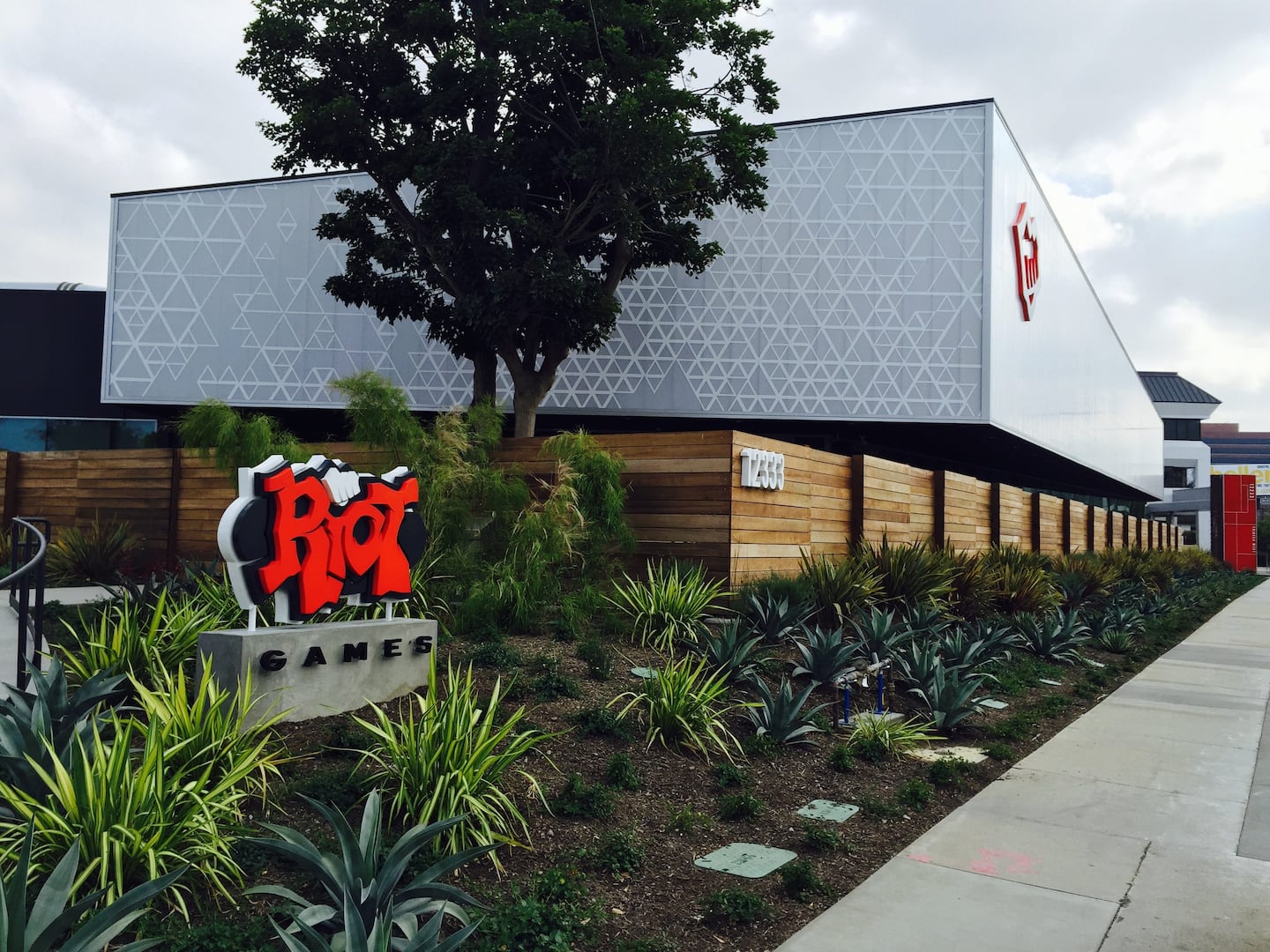Riot Games CEO Nicolas Laurent accused of gender-based harassment, misconduct in new lawsuit

In a statement, Riot disputed that characterization of O’Donnell’s termination from the company.
“The plaintiff was dismissed from the company over seven months ago based on multiple well-documented complaints from a variety of people. Any suggestion otherwise is simply false,” wrote a Riot spokesperson in a comment to The Post. Riot’s statement also said a special committee of its board of directors is conducting an investigation with the aid of an outside law firm in an effort to ensure impartiality and transparency.
O’Donnell’s lawyers did not respond to a request for comment by press time.
In a Jan. 7 filing obtained by The Washington Post, O’Donnell alleges that Laurent invited her to travel with him and work from his home when his wife would not be there, and directed numerous sexual comments to her, including remarks about the fit of his underwear. Laurent asked O’Donnell whether she “could handle him when they were alone at his house,” according to the filing.
According to the lawsuit, when O’Donnell refused, Laurent became angry and hostile, and O’Donnell’s workplace responsibilities were limited, ultimately resulting in her termination.
“[O’Donnell] believes that by this conduct Laurent explicitly and implicitly conditioned job benefits and the absence of job detriments on [O’Donnell’s] acceptance of sexual conduct,” wrote O’Donnell’s attorney, Michael Baltaxe, in the filing.
The filing also includes accusations of demeaning comments fixated on O’Donnell’s gender, including deriding her for having an “abusive tone” and being “thick skinned and abrasive.” O’Donnell alleges that Laurent expressed to her that her tone should be “more feminine.”
In a second statement sent to The Post Tuesday evening, a Riot spokesperson provided additional details in its account of O’Donnell’s termination. “To clarify, this individual was terminated following more than a dozen complaints from both employees and external partners and after multiple coaching discussions to try and address these concerns.”
In 2018, Riot Games, the developer and publisher behind games such as “League of Legends” and “Valorant,” made headlines after a Kotaku exposé about the company’s culture of sexism. The article outlined an environment in which women were regularly passed over for promotions, and a company with an ingrained “bro culture,” where demeaning and discriminatory behavior was viewed as normal. Kotaku’s story led to a class action gender discrimination lawsuit. It also spawned two separate investigations by regulators in California, where Riot is based.
O’Donnell worked at the company from October 2017 up until July 2020 — the same month Laurent published an open letter to other executives and leaders in the video game industry reflecting on the company’s painful internal audit, and the steps it took to improve its culture. In a section titled “The buck stops with the CEO,” Laurent wrote that he took the task so seriously that he instructed the board to fire him if they determined that the company hadn’t changed sufficiently by Jan. 1, 2020.
According to the filing, Laurent’s harassment persisted from the start of her employment, and ran up until she was terminated.
“Our CEO has pledged his full cooperation and support during this process, and we’re committed to ensuring that all claims are thoroughly explored and appropriately resolved,” a Riot spokesperson wrote in a statement to The Post.
The filing by O’Donnell is distinct from another high-profile case involving Riot. Following Kotaku’s 2018 article, the law firm Rosen Saba LLP filed a class action gender discrimination lawsuit against Riot; in late 2019, Riot agreed to pay $10 million in a preliminary settlement.
However, two state agencies in California, the Department of Fair Employment and Housing and the Labor Commissioner’s Office, announced that the plaintiffs in the gender discrimination case may be entitled to a much larger sum, $400 million, a figure that Riot dismissed as a “click-bait number with no grounding in reality” in a statement. In response, those represented in the class action suit hired new legal counsel and withdrew from the preliminary settlement. The $10 million was not paid out.
A Los Angeles County Superior Court ruling on Jan. 25 further complicated the case. The court ruled then that all but one of the plaintiffs in the class action suit would have their complaints handled in arbitration — a resolution Riot sought after the $400 million figure was first floated. Only one of the plaintiffs will still have her case litigated in court, through which she could still pursue all the claims raised by class members who did not enter arbitration agreements with Riot. The court also ruled that Riot would have to produce all settlement and severance agreements it entered into with female employees starting in Nov. 2013.
This post has been updated from a previous version.
Read more:






